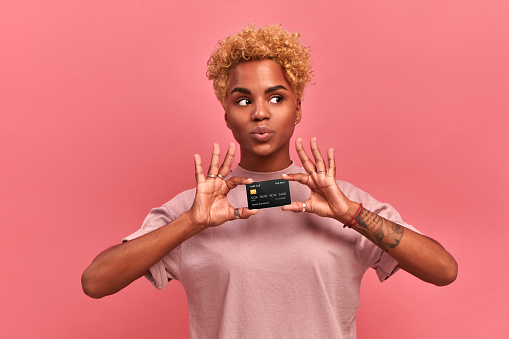Can money buy happiness?
Money is a tool that can be used to make someone economically stable. It determines how you live your life, where you live it and how you use it to benefit others. But the real question is, can money can make someone emotionally happy? Happiness. It’s an emotion or feeling experienced by someone when something positive happens to them. But people have their own definitions of happiness. One could be joyful over a small thing as being able to have a meal every day; Or be as big as being given a raise in their job.
However, someone’s happiness can not only be measured by how much money they have. As their emotions can depend on a plethora of factors such as mental health, relationship and thus, not just money. Although, recent studies have shown that when a person’s salary increases up to £75,000 they feel happier. This would be because of the utility they gain from having a higher salary and so would enable them to have more disposable income, which would result to improve their quality of living. But after this threshold, they don’t feel as happy. This alludes to there being a limitation to how much happiness money can really provide.

With money, one can easily buy a doctor, clock, education, a house, a bed. But with money, one can’t buy good health, time, knowledge, home or sleep.
There are things you can’t buy in the material world with money. Money is just a tool that can be used to create temporary happiness by purchasing materialistic things.
Additionally, Money can’t buy you the memories someone has cherished with their loved ones. Many wealthy individuals still find it troublesome to be happy, regardless of their wealth, as they have no one that truly cares about them. Whilst, those who are less fortunate enjoy the little sparks in their life by being able to be adored by someone. Happiness isn’t determined by one’s bank account but in fact, appreciating those small but meaningful moments in their life.

Furthermore, this myth of the amount of money also depends on happiness is also incorrect. As a BBC study instigates how people who won unimaginable amounts of money are less happy than they were before winning. As many people end up spending it all, having faith that it would make them happier, respected and wanted in society. Even though, they may live a more desirable life, this urge to keep on buying more luxurious, expensive gifts and products only to feel more joyful reflects that money is to be used to satisfy the needs of someone, and not necessarily all of their wants.
In conclusion, I strongly believe that money alone, can’t make someone happy forever; as this feeling of being able to buy something would only bring temporary happiness and not actual content in one’s life. Moreover, money can only buy materialised items such as new branded clothing. But it doesn’t mean that they will be more respected in society because of it. As you can’t buy friendship, loyalty, respect or love, they all have to be earned. Which only emphasises the limitation of satisfaction gained from having a lot of money. Finally, money should be used to fulfil all of one’s needs, but money shouldn’t be utilised to fulfil all of one’s wants.
This is the point where they would start to feel more needed in society, to have higher self-esteem which would only create them an artificial ‘personality’ to which they would feel obliged to live up to stay happy and wanted within society. Which can all still be achieved by being respected in society because of one’s values and qualities and not their money, to bring them happiness. Being loved and cared for are the most crucial factors for someone to feel happy.

By Anshjeet Singh
Subscribe to our newsletter!
EconDaily © and all related logos are copyrighted. All other trademarks or trade names are the property of their respective owners. All Rights Reserved.

No responses yet